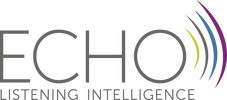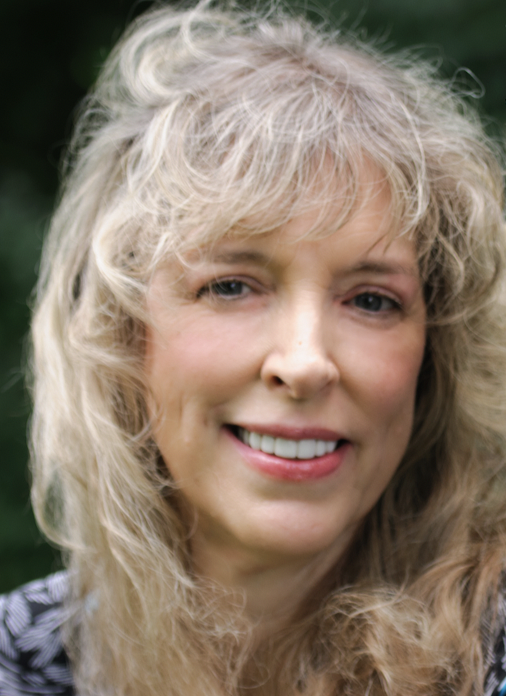Jacqueline Hamilton, Ed. D.
speaker, professor, writer, coach
message Jacqueline |
Effective listeners carry a quiet confidence.
Unfortunately our educational system has ignored the instruction of listening skills and many people do not realize the seriousness of this communication deficit. Equally distressing are those who try to gain listening skills through literature or speeches and feel the information sounds like common sense. There is nothing common about learning and practicing the kind of listening habits that take people across the finish line every day. Few people know the how and why of effective listening. Listening has been limited to a box where someone does a certain set of actions. Instead, effective listening is present when people understand and activate their unique listening intelligence. We’ve had helpful programs throughout the years to help us know ourselves—from the seven habits of highly effective people to the five love languages. Now thanks to ECHO, we know that four listening habits influence how our brains work. I’m excited about the publication of my first book titled How To Think Like A Listener (early 2023). Fourteen of our country’s leading listening experts have shared with me their valuable research and advice on the art of listening. I have gathered this content under one cover. What makes this listening information dynamic and life-changing? The 14 leaders represent diverse experiences in professions from research to education to business. I am honored to share the best of the best from people who have made it their business to listen. Specific details can be found on my website. Throughout my career, I have turned many of my writings into presentations and performances—and this book is no exception. How To Think Like A Listener takes an audience of any size or any kind on a memorable and interactive journey. Listening journeys need a whole-person mode of transportation. We talk of wearing many hats, but the reality is that people do not take off a personal hat to wear a professional hat. Instead, people trade hats by putting the one most currently needed right on top of their thinking brain. A whole-person listening approach can positively affect both work and home settings. People also may be interested in helping a child have a jump start on using their listening intelligence. I can bundle programs together for you that give access to the same researched content I have developed for adults, but geared to younger audiences (The Glisten Program). Whenever I design any personalized listening program, I make sure the audience is receiving the latest in listening research from varied perspectives. I am able to serve clients in unique ways because of my unique life experiences—experiences where listening was key. I worked as a newspaper reporter back in the day. Some of my press awards came from listening beyond the obvious story. I was privileged to study abroad for a year on a Rotary Journalism Fellowship that allowed me to listen and then speak to numerous Rotary Clubs across England. My work as a public relations specialist with the City of Dallas taught me how to listen to many stakeholders. I even taught Suzuki piano to young children where listening was connected to progress on an instrument. In recent years, I have worked as an English professor—passionate to improve the communication skills of young adults who have been raised on technology and often have missed the goldmine of listening. This passion for communication has helped me sustain two other adventures. I direct a non-profit writing program called Why We Write now in its 10th year, and I perform one-woman shows with the Kentucky Humanities Council, a part of the National Endowment for the Arts. With the best of many listening resources, l look forward to helping you or your organization think like a listener. Please contact me at 859-935-5153 or [email protected]. |

